Modern sea-level rise linked to human activities, Rutgers research reaffirms
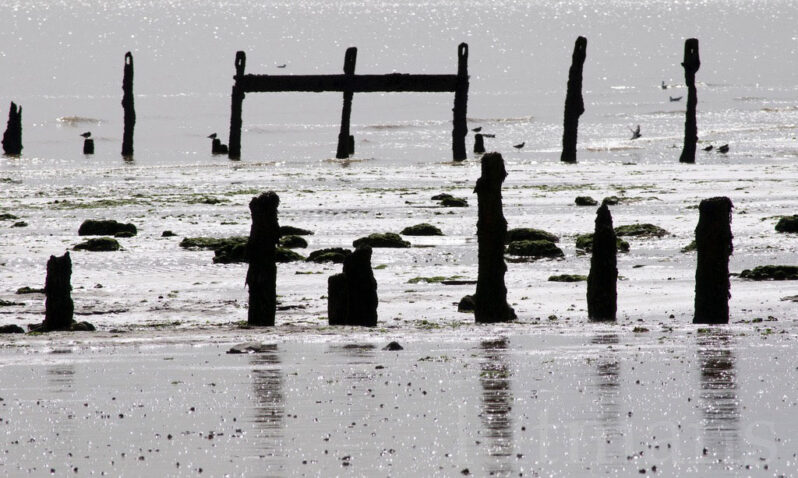
New research by Rutgers scientists reaffirms that modern sea-level rise is linked to human activities and not to changes in Earth’s orbit. The paper reconstructed the history of sea levels and glaciation since the age of the dinosaurs ended.
Editorial: Oppose barrier island development, South Carolina
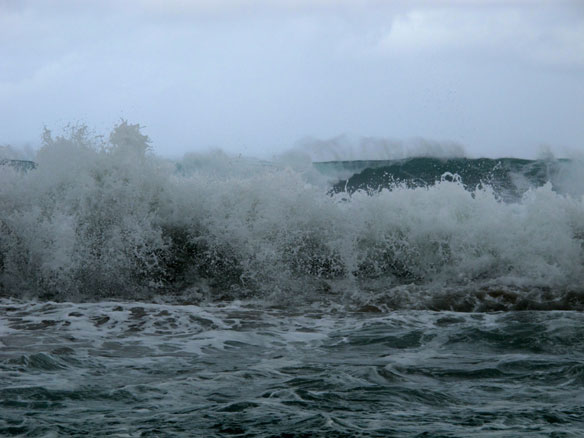
A $100 million project for a high-end resort on Bay Point Island didn’t meet Beaufort County’s definition of “ecotourism” in December. But now they do.
Sea levels could rise more than a metre by 2100, experts say

Sea-level rise is faster than previously believed and could exceed 1 metre by the end of the century unless global emissions are reduced, according to a survey of more than 100 specialists.
New report: coastal adaptation against sea level rise makes economic sense

A new study underlines that coastal adaptation measures can protect Europe’s communities from coastal flooding while also being economically efficient.
As sea levels rise, will drinking water supplies be at risk?
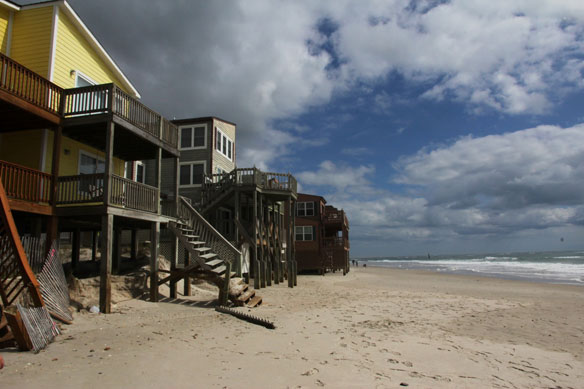
The Delaware River, a major source of drinking water for Philadelphia, is facing an emerging threat as rising seas push saltwater farther upstream. It’s a problem that other places, from Miami to Shanghai, will also confront, especially as increasing drought lowers river flows.
Flooding will affect double the number of people worldwide by 2030
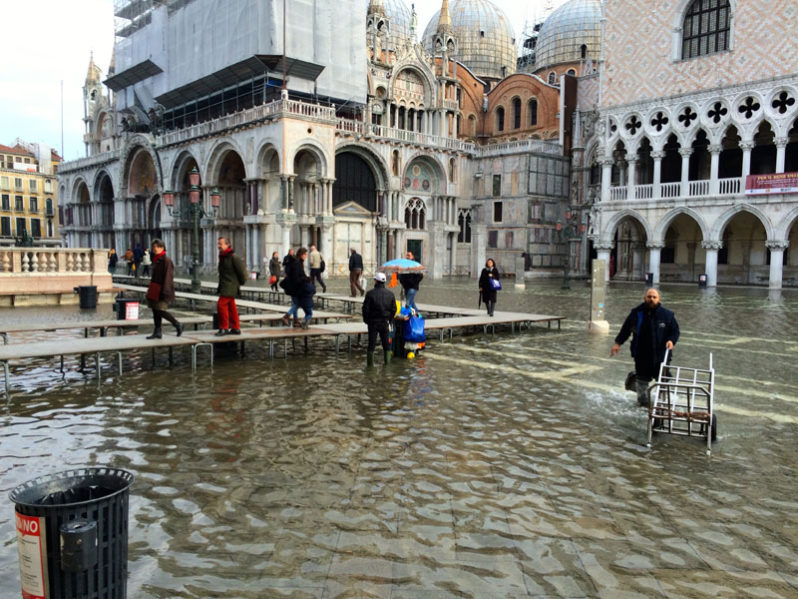
The number of people harmed by floods will double worldwide by 2030, according to a new analysis. 147 million people will be hit by floods from rivers and coasts annually by the end of the decade, compared with 72 million people just 10 years ago.
New model to improve accuracy of storm surge analysis
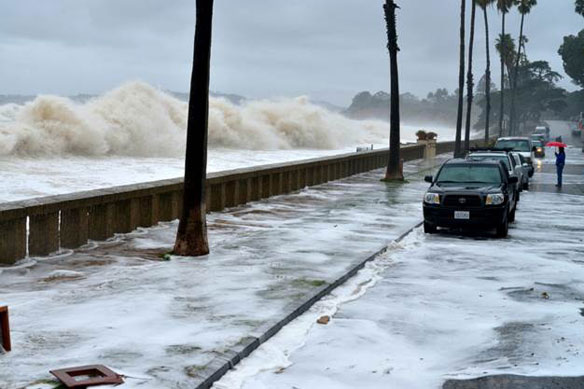
Accurately predicting how many people are at risk due to sea level rise and storm surges has always challenged scientists, but a new method is improving models that account for the impact of these natural occurrences.
Will Florida be lost forever to the climate crisis?
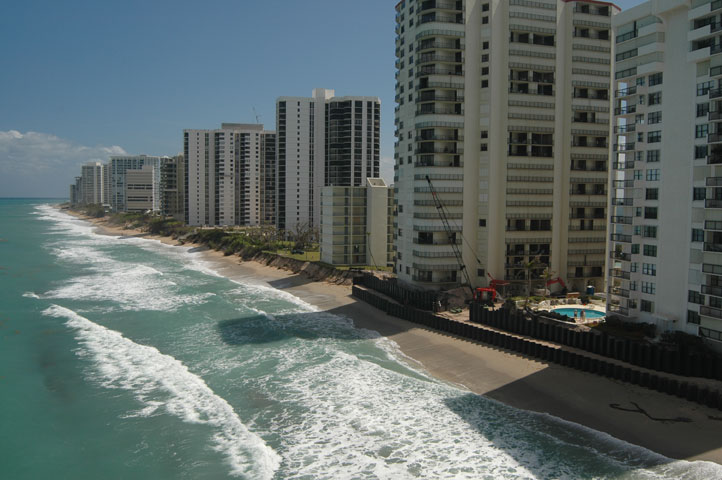
From sea level rise to habitat loss, the effects of the climate crisis are on the verge of making south Florida uninhabitable.
North Pole soon to be ice free in summer
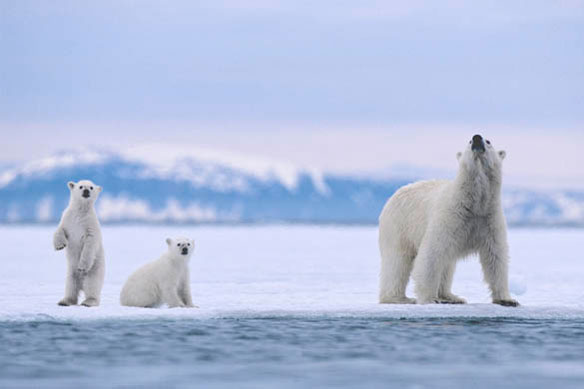
The Arctic Ocean in summer will very likely be ice free before 2050, at least temporarily. The efficacy of climate-protection measures will determine how often and for how long. These are the results of a new research study involving 21 research institutes from around the world.
